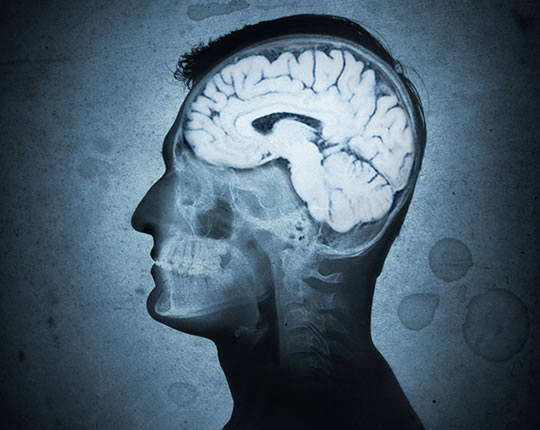Being able to spot the signs of Alzheimer’s is crucial as early diagnosis can help.
Being able to spot the signs of Alzheimer’s is crucial as early diagnosis can help.
Over 5 million people in the US have Alzheimer’s.
Being able to spot the signs of Alzheimer’s is crucial as early diagnosis can help.
There are 10 main signs of Alzheimer’s, explained Dr Erin Yelland, an expert on ageing:
“Alzheimer’s disease is predictable.
We know certain issues are going to come up, and we know the process of decline that you might be experiencing.
By educating yourself, you can understand what might be happening, but more importantly, your family members are going to understand what they are going to experience while you’re battling this disease.”
1. Memory loss that disrupts everyday life
Most people experience some memory problems with age, but Alzheimer’s is different.
It can involve repeatedly asking for the same information, forgetting important dates or events and needing help with things that previously could be managed independently.
2. Problems with planning or solving
Dr Yelland explained:
“…a person with normal cognitive functioning can make a peanut butter and jelly sandwich.
For a person with Alzheimer’s disease, this may be a complicated task, because it has many steps involved: getting out the bread, getting out the peanut butter and jelly, and applying those ingredients to the bread.
It might even be that the person with Alzheimer’s disease will end up with the peanut butter and jelly on the outside of the sandwich, simply because that judgment and recall of steps get tangled in the brain.”
3. Difficulties with everyday, familiar tasks
Turning on the microwave, running the dishwasher, navigating around familiar routes — these everyday tasks can be disrupted by Alzheimer’s.
4. Time/place confusion
Dr Yelland said:
“Commonly, people (with Alzheimer’s disease) don’t remember what year it is.
I might forget the date, but eventually I’ll figure it out.
For people with Alzheimer’s disease, the key is that they might not eventually figure it out.”
5. Getting visual images and spatial relationships mixed up
This could include vision problems, judging distances, problems reading and driving.
6. New speaking or writing problems
Finding it hard to locate the right word — often simple words.
For example instead of ‘watch’, saying ‘wrist clock’ or ‘hand clock’.
7. Losing things
People with Alzheimer’s find it difficult to retrace their steps because of memory problems.
They can put things in unusual places and accuse others of moving them.
8. Poor judgement
This could include anything from failing to wash to problems dealing with money.
9. Giving up on social activities
Dr Yelland said:
“Oftentimes when all these frustrations and hard times are happening, people with Alzheimer’s disease do realize it.
They know what’s happening to them, and it’s hard for them to deal with it.”
10. Mood and personality changes
Those with Alzheimer’s sometimes experience mood swings.
One moment they are suspicious, the next depressed, later confused and so on.
Many people with Alzheimer’s find they are better in the morning and deteriorate over the course of the day.
• Read on: 10 Ways to Prevent Alzheimer’s Disease









